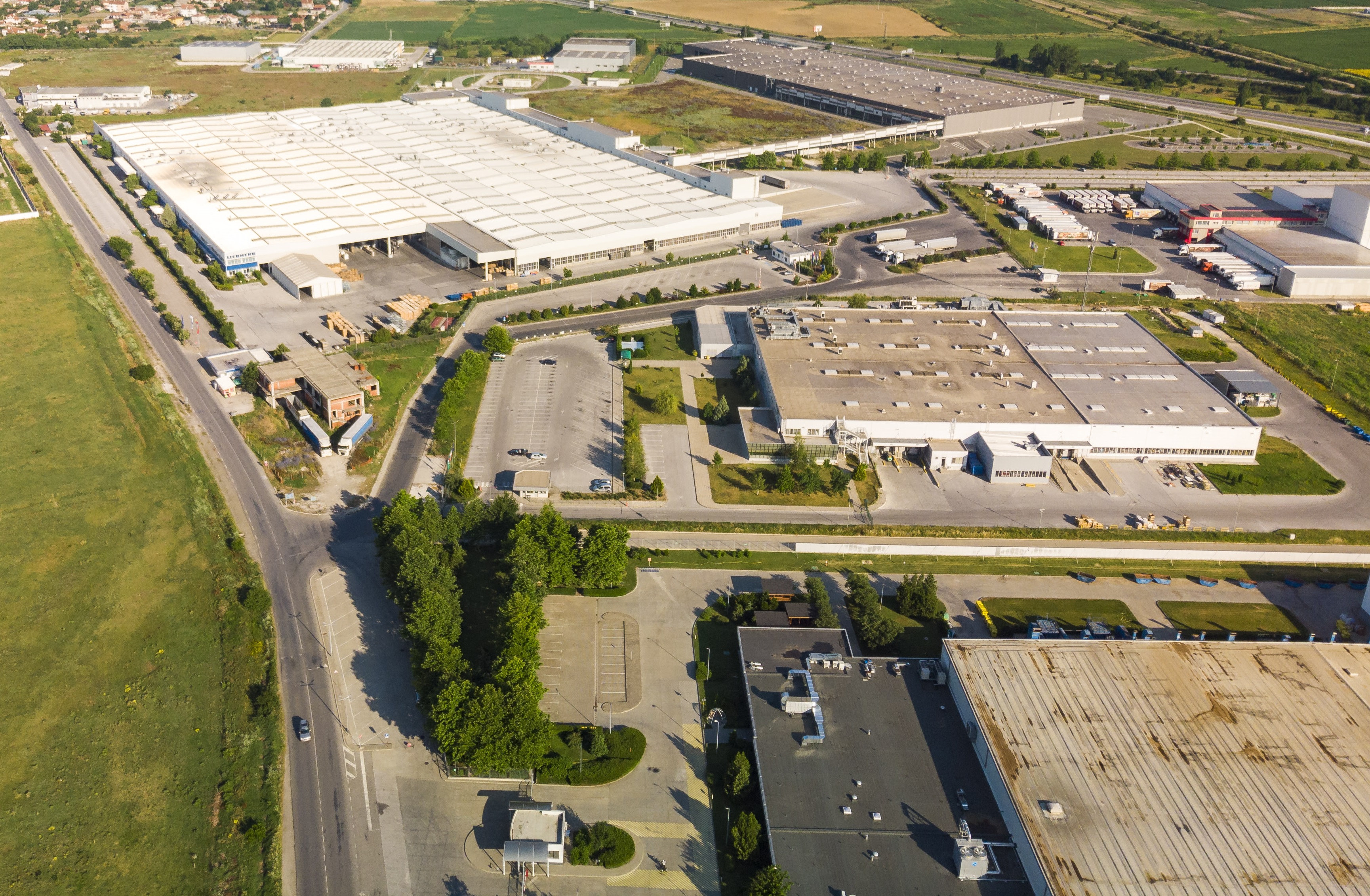When in 2019 we announced the change of the name of the Bulgarian Outsourcing Association to Association for Innovation, Business Excellence, Services and Technology, our idea was to show the much more comprehensive face of our industry. In recent years, from an almost entirely price-oriented industry, we have become a sector that creates high added value through innovation, technological product development, modern business services and solutions. The complexity of the whole industry has grown considerably and the way some of the companies operate has changed.

This new complexity is confirmed by the upward trajectory of our businesses. In recent years, the sector has grown by about 20% per year. Our preliminary data for 2020 also show that even in this challenging year, growth will still remain in double digits. In other words, we have good news: the business services and technology sector continues to grow and act as a driving force for innovation in the country and an engine of economic growth. In 2019, it was estimated at 2.9 billion euros – or 5.5% of Bulgaria’s GDP. The realistic forecast for 2022 indicates that the industry will continue this trend and strengthen its position as the main pillar of the Bulgarian economy, corresponding to 8.9% of the country’s GDP.
We leave a significant social and economic imprint and are the foundation not only for the development of the new middle class in Bulgaria, but also for the retention of young people in the country, and even for their return back home. Moreover, the industry is strengthening its position as a preferred employer, as evidenced by the growing number of people working in the sector. By August 2020, the number of employees in our industry reached 81 000 people, which is about 3000 employees more than the very successful 2019. The expenses comapnies pay for employees and taxes are also increasing. For comparison – in 2019 only the taxes that the industry has paid into the state treasury are equal to the budget of the municipality of Kazanlak for 2020, or slightly more than the planned expenditures in the budget framework of the Sofia Municipality for health care in 2020.
An important positive trend is the expansion of the industry at national level, with more and more companies opening offices outside Sofia. This not only helps the development of local economies, but also allows many people to stay in their hometowns and at the same time receive wages above the national average. This also benefits the companies which often suffer from a lack of qualified candidates in the cities where they have had offices so far. This trend will continue in 2021.
In many of the other analyzes and predictions published on the Forbes website, the focus is on the negatives of the COVID-19 pandemic. Although due to the nature of our industry and the profile of the people who work in it, we were able to adapt quickly to the changes, 2020 was challenging for us as well. Yes, the sector was among the least affected by the pandemic, but many of the companies were brought out of their comfort zone.
Of course, there were companies where the discontinuation or freezing of projects was higher. This is understandable when we talk about key customers in the most affected sectors such as tourism, air transport, etc. However, many of them quickly managed to reorient themselves to customers from other industries or to acquire business from competitive markets that were not so flexible.
Thus, the situation was a catalyst for changes, and positive ones at that – which is what I meant when I talked about getting out of our comfort zone. Overall, looking back on the past year, our business has remained stable and after the initial turmoil, contrary to expectations of a decline and loss of projects, companies in the sector have indeed seen an increase in the number of new projects and products.
Behind this successful performance of our industry in recent years and the strong resilience we showed in 2020 are two key words – adaptatability and speed. They relate to decision making and the transformation of business models, products, services and decisions.
Bulgarian companies in the sector have shown a high level of providing reliable, secure, uninterrupted and quality service. We can be proud that they were able to transform their processes extremely quickly and switch to work from home. Many of our competitors inside and outside of Europe have not been as flexible and successful. We must not fail to capitalize on this advantage and in the long run – establish the image of Bulgaria as a destination for sustainable development of products and services with high added value.
Because of the COVID-19 pandemic, many companies around the world had to rethink their supply chain and look at destinations other than China. In 2020, there is an increase in the nearshoring, and Bulgaria from the point of view of geopolitical situation and as a member state of the European Union, has the opportunity to take advantage of this rearrangement. Considerations related to time differences and cultural similarities also play in our favor. In this situation, however, the tax framework and the availability of qualified staff are crucial.
Ensuring the stability of tax policy, promoting business development, reforming the education system, reviewing labor regulations and the visa process for people outside the European Union are steps that need to be taken as soon as possible.
The processes of accelerating digitalization at national and local level, which have already started and should be the main focus in the coming years, will also increase the competitiveness of our country. The digital competency of the society and the economy will become increasingly important for bringing certain markets to the forefront of the investment map of the world.
The degree to which we will take advantage of the opportunities that the current situation provides us in 2021 and 2022 will be crucial for the way Bulgaria will emerge from the crisis and how well it will position itself against its global competitors. And I am not talking only about the sector I represent – I believe that our example and good practices can be transferred to other businesses that aim to bring value in an international context, but also to contribute to the prosperity of the Bulgarian economy.
Author: Iliya Krastev, Chairman of the Managing Board at AIBEST
Source: Forbes Bulgaria



